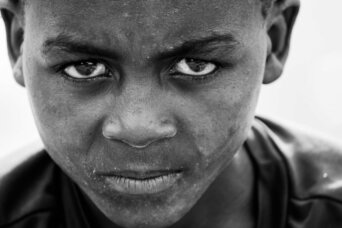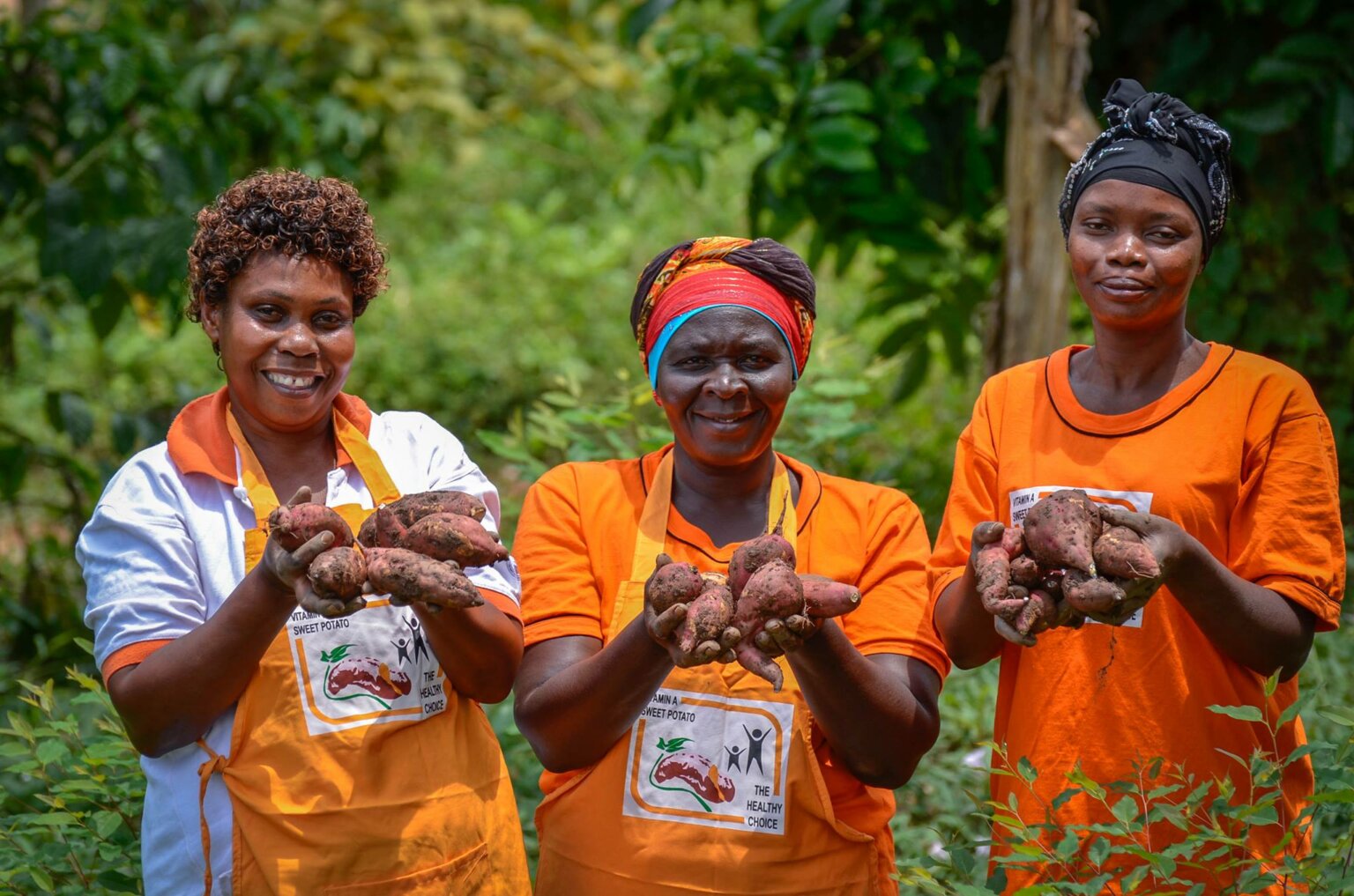- About
- Topics
- Picks
- Audio
- Story
- In-Depth
- Opinion
- News
- Donate
- Signup for our newsletterOur Editors' Best Picks.Send
Read, Debate: Engage.
| topic: | Human Rights |
|---|---|
| located: | USA, United Kingdom, India |
| editor: | Gurmeet Singh |
The ongoing pandemic has accelerated and deepened global inequality. Everything from wealth inequalities to power and social inequalities have been further entrenched. We’ve already seen how people from ethnic minorities in western nations have suffered disproportionately as a result of the pandemic, due primarily to social and economic inequalities; we’ve also witnessed how the Global South has struggled with the pandemic, with social-distancing measures increasing poverty. Indeed, some theorists and activists have described global inequality as a pandemic itself. UN Chief Antonio Guterres tweeted last month: “#COVID19 has exposed the lie that free markets can deliver healthcare for all, the fiction that unpaid care work isn't work, the delusion that we live in a post-racist world. We are all floating on the same sea, but some are in superyachts & others clinging to drifting debris.”
It’s obvious we need to tackle both the pandemic and inequality. Indeed, if we don’t think about tackling inequality, we risk exacerbating the pandemic. In a public policy brief from the Levy Economic Institute of Bard College, the authors write that “we are in danger of falling victim to a vicious cycle: the pandemic and economic lockdown will worsen inequality; and these inequalities exacerbate the spread of the virus, not to mention further weaken the structure of the…economy.”
So what do we do? The problems are many and bound up with our lives in such fundamental ways, that even thinking about where to begin can feel overwhelming. Inequality.org, writing in 2015 suggested 8 starting points for acting on these issues, from “stopping illicit outflows”, where money illegally leaves countries in the Global South, to rethinking Economics altogether. “Economist and Rhodes Scholar E .F. Schumacher…says humanity needs an economics that creates wealth for all people, just not money for privileged people and corporations. Economics should take into account ethics and the environment, and treat its claims less like invariable truths.”
Even ardent free-marketers are beginning to think in terms of a more humane economy. Writing in Promarket, a publication from the University of Chicago, James A. Schmitz Jr. and David Fettig argue for breaking up monopolies. “…Monopolies are a major source of poverty and inequality…[and they] often hide and disguise actions that lead to great harm among low-income communities. To borrow from the pandemic’s lexicon, monopolies are silent spreaders of poverty and economic inequality. We can even foresee enormous political and social unrest ahead, with the Pew Research Centre finding that people globally felt pessimistic about reducing inequality, even before the pandemic: “Across 34 countries surveyed, a median of 65% of adults said they felt generally pessimistic about reducing the gap between the rich and the poor in their country. Many also held doubts about the way their political system works (median of 54%) and the availability of well-paying jobs in their country (53%). When it comes to their country’s education system, however, more people expressed optimism than pessimism (53% vs. 41%).”
One key way people can reduce inequality is by forming and joining worker blocs. Writing in the Financial Times, Megan Greene reminds readers of the importance of unions: “Unionised workers earn around 13 per cent more than their non-unionised counterparts. Falling membership has occurred alongside corporate union-avoidance tactics and the expansion of state right-to-work laws that undermine unions’ ability to fund themselves.”
The pandemic is a horrific and painful indictment against the way we live. It’s showing us that our lives are founded on the exploitation of the environment, of workers, and of entire nations in the Global South. It may seem like an insurmountable set of problems for individuals, but this is why it’s vital to organise and challenge power, and not merely aim to hit the “reset button” when it comes to the pandemic. As Greta Thurnberg reminds us, no one is too small to make a difference.
Image by Wilhan José Gomes Wjgomes

